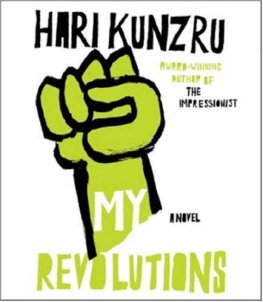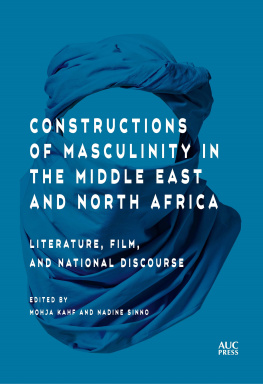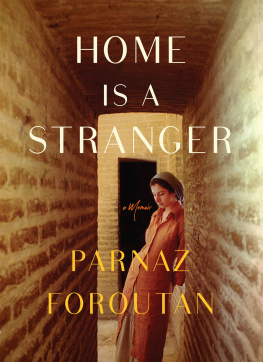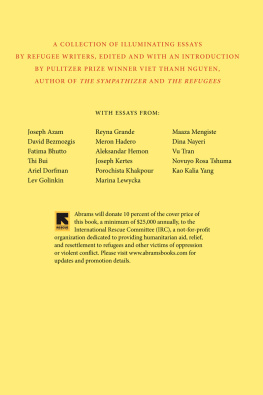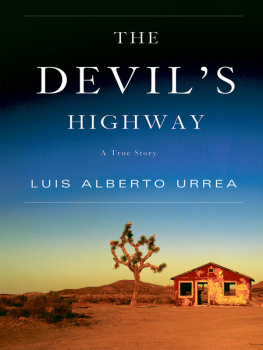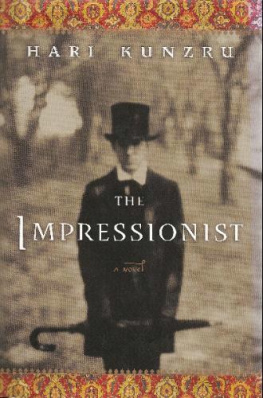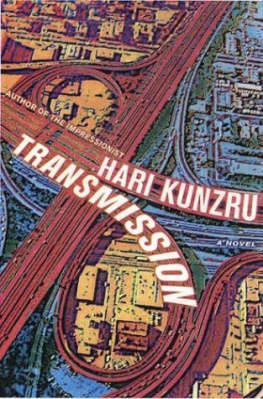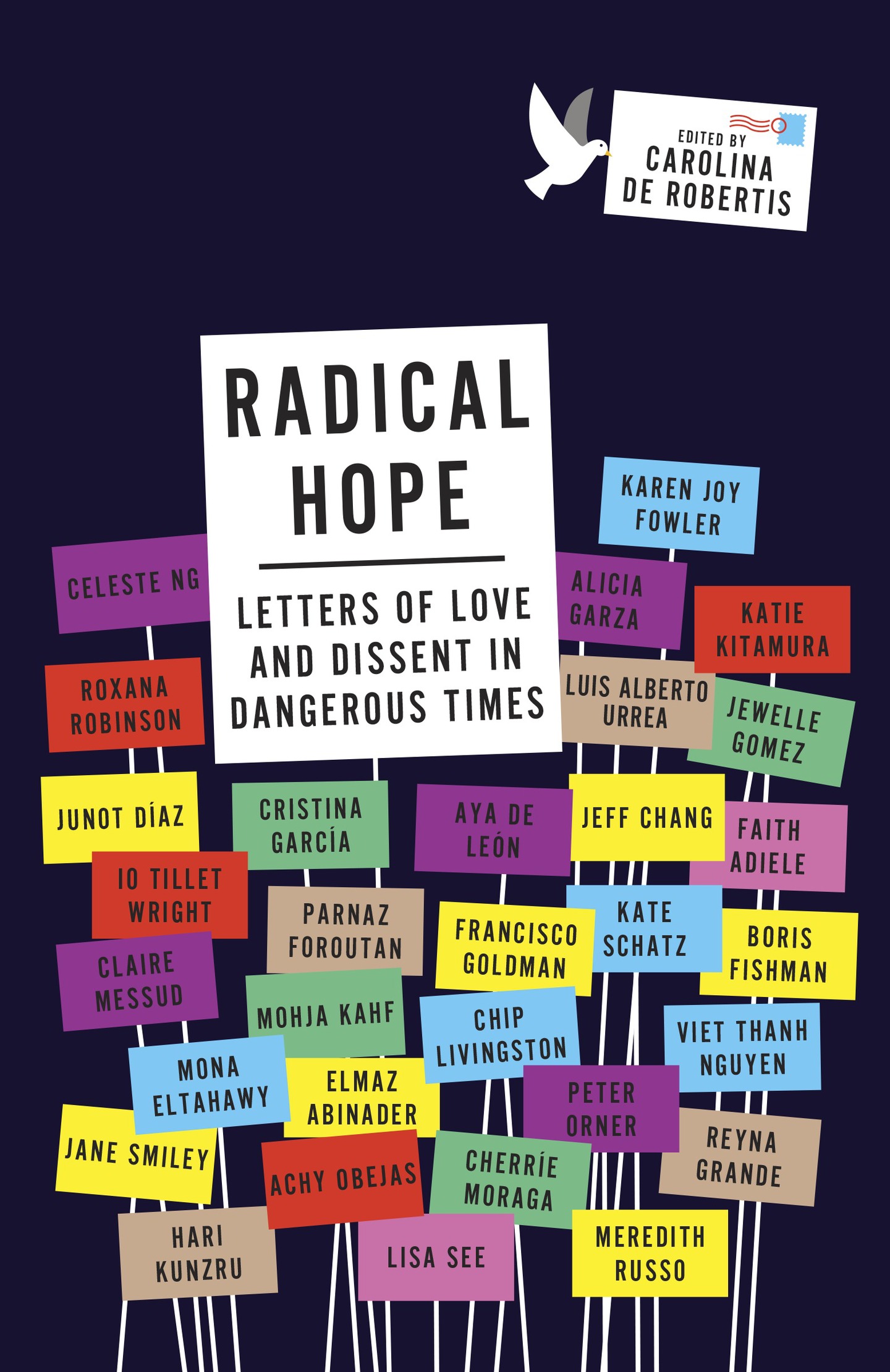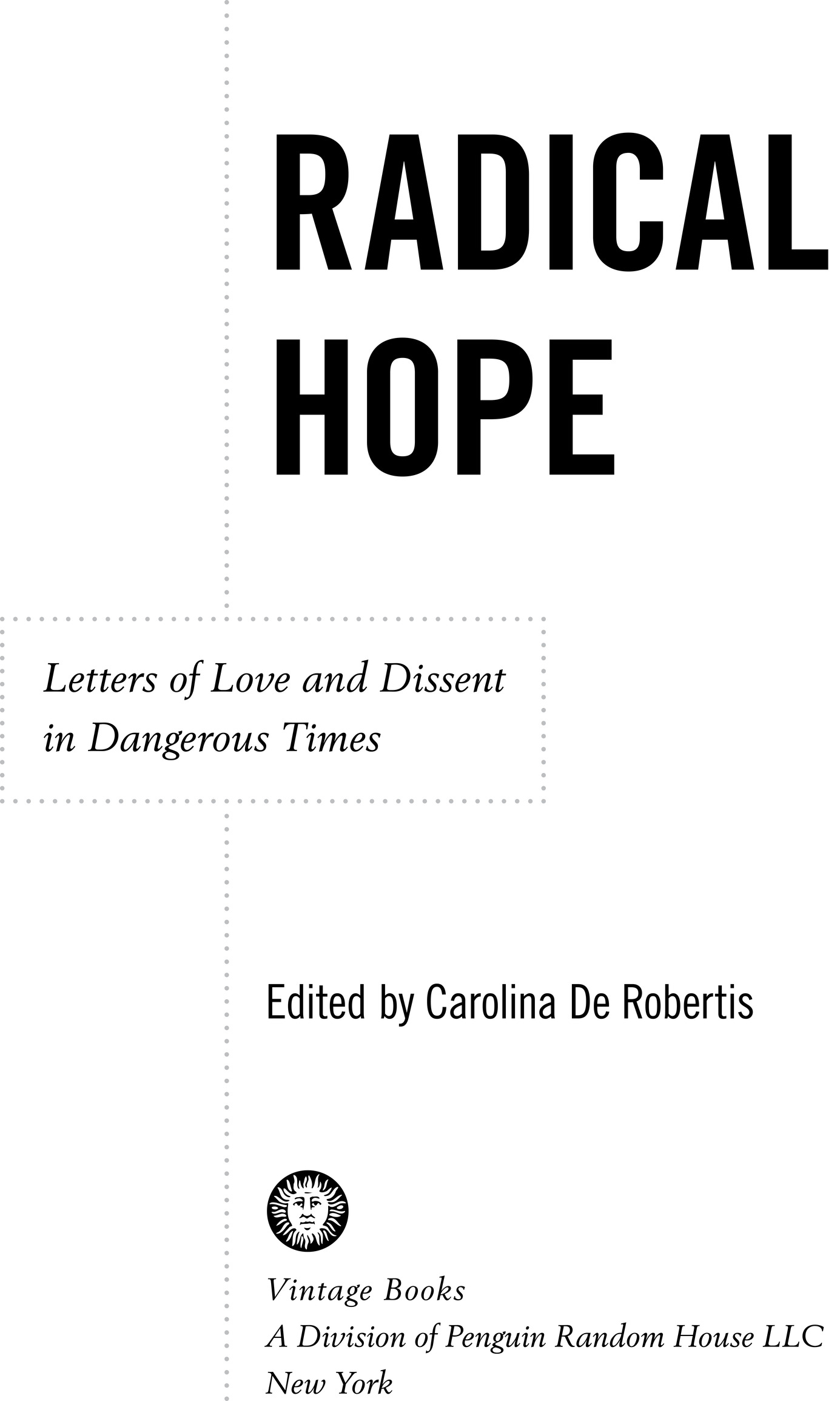All rights reserved. Published in the United States by Vintage Books, a division of Penguin Random House LLC, New York, and distributed in Canada by Random House of Canada, a division of Penguin Random House Canada Limited, Toronto.
Vintage and colophon are registered trademarks of Penguin Random House LLC.
constitute an extension of this copyright page.
The Cataloging-in-Publication Data is on file at the Library of Congress.
Contents
DEAR MAMA HARRIET
Alicia Garza
THE LANTERN
Roxana Robinson
DEAR HENRY
Lisa See
NOT A MOMENT BUT A MOVEMENT
Jewelle Gomez
A LETTER TO MY SON
Hari Kunzru
DREAMS FROM OUR FATHER
Faith Adiele
AMERICA
Parnaz Foroutan
DEAR CHEBON
Chip Livingston
HUMAN RIGHTS IS THE HANDHOLD, PASS IT ON
Mohja Kahf
YOU
Achy Obejas
A TIME TO DEMAND THE IMPOSSIBLE
Viet Thanh Nguyen
A HOLLA FROM THE WEST SIDE
Cherre Moraga
WHAT I MEAN
Kate Schatz
DEAR MR. ROELL
Boris Fishman
WHILE YOU ARE STANDING
Karen Joy Fowler
TO THE WOMAN STANDING IN LINE AT THE STORE,
Elmaz Abinader
DEAR MILLENIALS
Aya de Len
IS THERE NO HOPE?
Jane Smiley
GRACE AND KARMA UNDER ORANGE CAESAR
Luis Alberto Urrea
#FUCKFASCISM #FUCKTHEPATRIARCHY
Mona Eltahawy
THE FEAR AND THE RESISTANCE
Jeff Chang
A LETTER TO MY DAUGHTER
Claire Messud
THE MOST IMPORTANT ACT OF RESISTANCE
Meredith Russo
TO MY GODDAUGHTER
Reyna Grande
LANGUAGE IS HOW YOU WILL MAKE YOURSELF
Katie Kitamura
YOU ARE MY KIND
iO Tillett Wright
ZENAIDA
Francisco Goldman
STAY OPEN
Celeste Ng
RAMBLING THOUGHTS FOR ROSCOE
Peter Orner
QUERIDSIMA PALOMITA: A LETTER TO MY GREAT-GREAT-GREAT-GREAT-GREAT GRANDDAUGHTER
Cristina Garca
SIGNS FROM THE WOMENS MARCH
Carolina De Robertis
This is precisely the time when artists go to work.
We speak, we write, we do language. That is how civilizations heal.
A SYMPHONY OF VOICES
Carolina D e Robertis
Dear Reader,
Three days after the 2016 election, I sat at my writing desk overwhelmed by grief. I was not alone. Like many people (like you, perhaps), Id had trouble sleeping, and had already engaged in many conversationswith friends and family, students and colleagues, in person and on social mediaabout the spike in hate crimes, the pain and outrage, the devastation to come.
In my grief, I thought about many things. I thought about all the hard-won civil rights gains of the past fifty years, now under a new level of threat. I thought about the many communitiesincluding immigrants, people of color, gay and transgender people, women, Muslims, Jews, progressives from all walks of lifenow bracing themselves (or ourselves, for I belong to some of those groups) for an era of increased vulnerability. I thought about climate change. The Supreme Court. Democracy. Other nations, affected, watching. The future near and far.
I thought about a friends daughter, age seven, Black, born in the USA, who said she was scared that Trump would make her family leave the country. And another friends son, age four, who has two mothers, just as my children do; he asked whether their family would be torn apart.
I thought about my son, who was born days after Obama was first inaugurated, and had therefore always lived in a nation in which someone like himBlack and multiracial, child of an immigrantcould be president. For months, my son had been talking about using his kung fu skills to defend his Mexican friends from Trump and his wall. On November 9, he did not want to get out of bed for school, because, he said, he refused to set foot in a nation where Trump was president. It was not an act of fear; it was a boycott.
I thought about my four-year-old daughters words about Trump, spoken out of the blue: Were not beautiful to him. Nobody told me that. Its just a feeling I have.
I also thought about my grandmother, a poet and activist in Uruguay who died during the dictatorship. Born in Argentina, exiled under President Juan Pern (who, it must be pointed out, was not a dictator but a democratically elected authoritarian), she found refuge in the calm little nation of Uruguay, only to later watch both her native and adopted countries fall prey to military coups and reigns of terror, imprisonment, disappearances, and torture. Her later, unpublished poems, found in her house after she died, speak to the depths of her sorrow. She never had the chance to see those dictatorships lift. I wondered how shed managed to get through each day, to stay alive inside, to keep fighting in the face of repression, to keep the faith, to take the long view. And I wondered about hope. Had she been able to retain any hope? Could she ever have imagined that, years later, in 2010, two of the brutally tortured political prisoners of the Uruguayan dictatorship would rise up to become the beloved president and First Lady of the nation? That Jos Mujica and Luca Topolansky would preside over an era of unprecedented renewal and progressive change? In the thick of the bleak times, how could she have imagined such a future? How could she have imagined that the seeds of a bright future lay right there in the horrific times themselves? If I could go back in time to reach her, what would I say, and what would she, reaching forward toward me where I sat at my writing desk, have to say to me?
I thought about you that morning, though I may not know you personally. I thought about the long journey ahead for you and for me and for all of us, and I wondered what we would dowhat we could do, what we must doto get through these times as intact as possible, keeping sight of the long view, striving to stay sane, awake, engaged, and steadfast in the face of backlash and threats to the communities and values and democracy we hold dear.
With all of that in mind, I started reaching out to writers to ask them to join me in what at first was a rather strange and nebulous concept: a collection of love letters in response to these political times.
Why love letters?
The epistolary essay, or essay in letter form, has unique powers. A potent example, one that inspired this book, lies in the great James Baldwins My Dungeon ShookLetter to My Nephew on the One Hundredth Anniversary of Emancipation, published in The Fire Next Time in 1963 (the same year Dr. Martin Luther King, Jr., penned another seminal and brilliant epistolary essay, Letter from Birmingham Jail). Baldwins letter is addressed to his young nephew, and it gives voice to the injustices of institutional racism, the beauty and dignity of Black life, and the need for social change. The tone is at once tender and analytical, impassioned and nuanced, sweeping and deeply personal. Baldwin showed us that letter-essays, as a form, are perfectly situated to blend incisive political thought with intimate reflections, to fold them into a single embrace.



